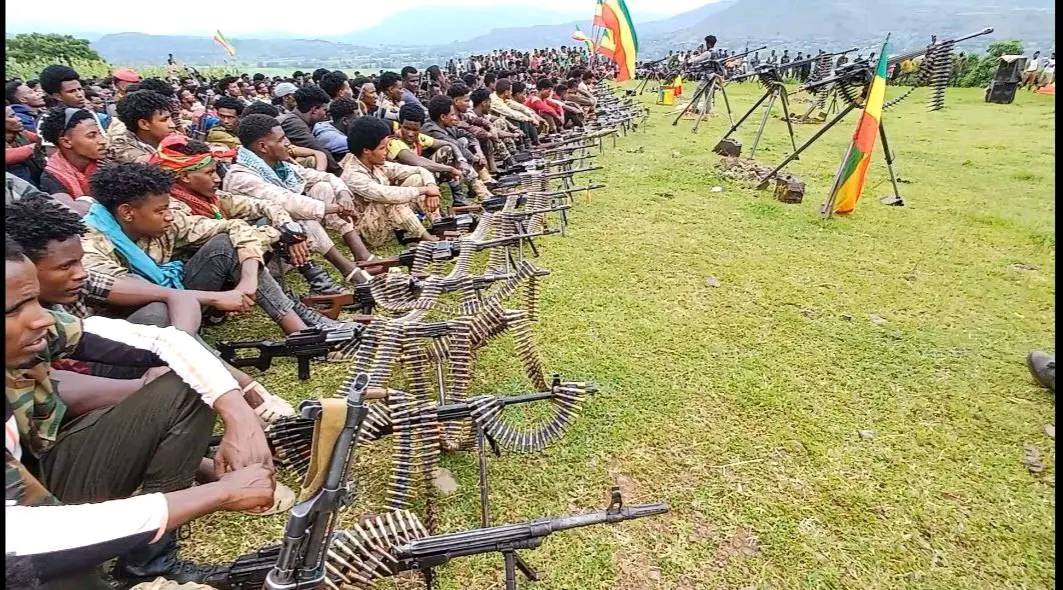In light of the ongoing armed conflicts in Ethiopia that have resulted in the continued cessation of operations for many businesses, employers should keep an eye on reporting requirements stipulated in the relevant law.
The full or partial suspension of an operation, due to force majeure, of the activities of the employer for a period of not less than 10 consecutive days is considered as a valid ground to suspend an employment contract. However, employers are duty bound to notify the Ministry of Labor and Skills about the force majeure event within three working days of its occurrence and their decision to suspend.
The outcome after the ministry receives such notification could be:
- The Ministry may approve the request, in which case it will fix a date not more than 90 days for the end of the suspension.
- The Ministry may reject the request and there should be no suspension, in which case the employer will be ordered to resume paying salary from whenever it stopped.
- If the force majeure event that caused the suspension and got approved by the Ministry lasts for more than 90 days, the employment contracts should be terminated, and employees should receive severance payment and compensation.
As witnessed during the Tigray war that ended a couple of years ago, almost all employers exercise their right to suspend the employment contract during conflict. However, not many discharge their duty to inform the regulator about its impact on their operation and their intention to suspend. Most employers assume this should be a public notice for everyone and the ministry doesn’t need their communication to be aware of the issue.
While taking the blame for non-compliance with notification requirements, most employers should be credited for their caring and compassionate decision to keep the bonds of employment intact regardless of the lengthy time of suspension of operation.

